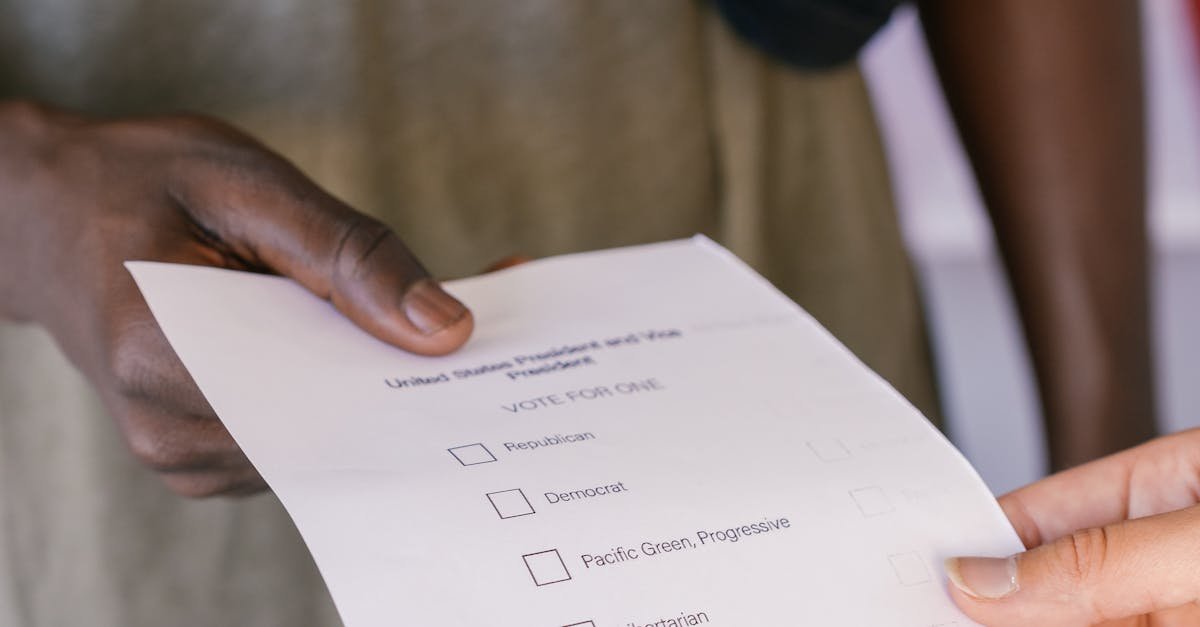Working at the polls during elections is an eye-opening experience that offers invaluable insights into the democratic process. Many people underestimate the complexities and responsibilities involved in ensuring that elections run smoothly. Here, we explore the key lessons learned from this unique experience.
Understanding Election Logistics
One of the first lessons learned is the intricate logistics behind running an election. From setting up voting machines to ensuring that ballots are correctly printed and available, the planning that goes into an election is substantial. Poll workers must familiarize themselves with various processes, equipment, and the necessary protocols to ensure that everything functions seamlessly on election day.
Importance of Voter Education
Voter education plays a crucial role in the electoral process. Many voters arrive at polling places with questions or confusion about how to vote, what identification is required, or where to go. Poll workers often serve as the first point of contact for voters, making it essential to provide accurate information and assistance. This experience highlights the need for ongoing voter education initiatives to empower citizens.
Handling Unexpected Situations
Elections are unpredictable, and poll workers must be prepared to handle unexpected situations. Whether it’s a malfunctioning voting machine, long lines, or a last-minute change in polling location, adaptability is key. Learning to think on one’s feet and remain calm under pressure is a vital skill for anyone working in this environment.
Engaging with the Community
Working at the polls provides a unique opportunity to engage with members of the community. Poll workers meet people from various backgrounds and demographics, fostering a sense of connection and community involvement. This interaction emphasizes the importance of civic duty and the role each person plays in the electoral process.
Appreciating the Role of Technology
Technology has significantly changed the voting process. From electronic voting machines to online voter registration, understanding how technology impacts elections is crucial. Poll workers must be tech-savvy to assist voters and troubleshoot any technological issues that may arise. This experience underscores the importance of staying updated on technological advancements in the electoral system.
Recognizing the Challenges of Accessibility
Accessibility is a significant concern in the electoral process. Many voters face challenges that can hinder their ability to cast their ballots, including physical disabilities, language barriers, and lack of transportation. Working at the polls sheds light on the importance of creating an inclusive environment that accommodates all voters, ensuring everyone has the opportunity to participate in democracy.
Commitment to Civic Responsibility
Finally, working at the polls instills a deep sense of civic responsibility. Being part of the electoral process is a reminder of the power of democracy and the importance of each individual’s vote. This experience encourages a commitment to civic engagement and motivates individuals to advocate for their rights and the rights of others.
| Lesson | Description | Importance | Skills Developed | Future Applications |
|---|---|---|---|---|
| Election Logistics | Understanding the complexities of managing polling stations | Ensures smooth operations | Organizational skills | Future volunteer opportunities |
| Voter Education | Providing clear information to voters | Empowers citizens | Communication skills | Community outreach programs |
| Handling Situations | Adapting to unexpected challenges | Maintains order during elections | Problem-solving skills | Crisis management roles |
| Community Engagement | Connecting with diverse community members | Strengthens community bonds | Interpersonal skills | Future civic initiatives |
FAQs
What is the role of a poll worker?
A poll worker is responsible for ensuring that the voting process runs smoothly. This includes setting up the polling place, assisting voters, and managing any issues that arise during the election.
How can I become a poll worker?
To become a poll worker, you typically need to apply through your local election office. Requirements may vary by state, but generally, you must be a registered voter and undergo training.
What challenges do poll workers face on election day?
Poll workers often encounter challenges such as long lines, malfunctioning equipment, and providing assistance to voters with disabilities. Being prepared for these situations is crucial.
Why is voter education important?
Voter education is essential because it helps ensure that citizens understand their voting rights and the voting process. Educated voters are more likely to participate and make informed decisions during elections.

